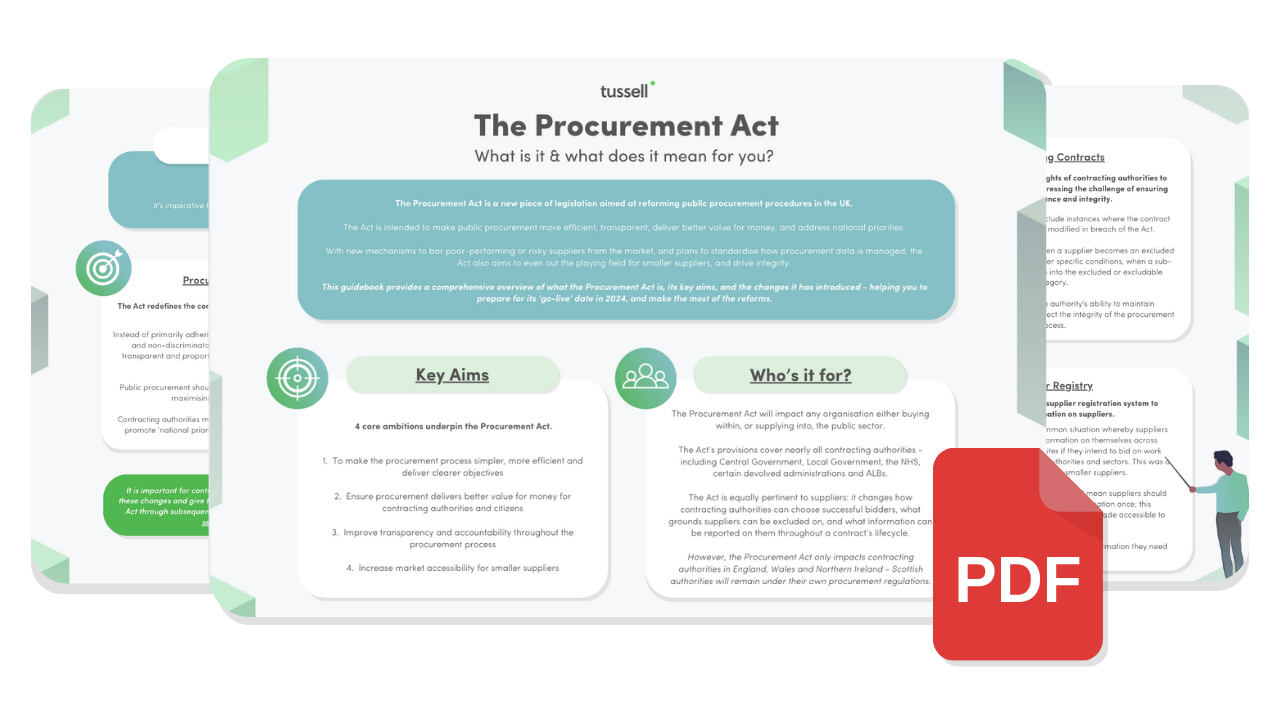Framework agreements are a well-known tool for organisations to find and win new business in the public sector. But fewer understand their close relative, the Dynamic Purchasing System (or DPS).
In this explainer blog, we'll outline the basics of DPSs, how they differ from frameworks, and give you some pointers on whether they might be suitable for your business.
What are Dynamic Purchasing Systems?
DPSs are tools created by contracting authorities to streamline the process of tendering and awarding contracts.
Like frameworks, they do this by providing a list of 'pre-approved' suppliers for particular kinds of goods, works and services. Instead of having to undergo a full procurement process when awarding a contract, contracting authorities instead invite the suppliers on the DPS - or those within a specific category of the DPS - to bid on a tender.
Unlike frameworks, however, you're not barred from joining a DPS after it is initially set up: as long as you meet the DPS's entry criteria, you can join a DPS at any time after its creation.
Furthermore, since reforms to the Public Contract Regulations in 2015 DPSs do not have a default lifespan of 4 years.
Contracting authorities are also unable to award contracts directly via DPSs - all opportunities must be competitive, unlike under (most) frameworks where work can still be awarded without a further competition.
 Download Tussell's 2025 Public Sector Frameworks Report
Download Tussell's 2025 Public Sector Frameworks Report
What's the point of DPSs?
For contracting authorities, the reasons for setting up a DPS over a framework agreement are numerous. The Local Government Association lists these 4 reasons as the biggest benefits, based on survey responses from local government bodies:
-
DPSs provide greater flexibility than frameworks, as they allow suppliers to join them at any stage, and aren't restricted to a 4 year lifespan.
-
In doing so, they can save costs by enhancing the pool of competition.
-
They stimulate markets by encouraging more suppliers to get involved.
-
They have the potential to increase access for "harder to reach suppliers", like SMEs.
DPSs offer many of the same benefits of frameworks for contracting authorities, but with greater in-built flexibility.
Should you apply for DPSs?
For contracting authorities and suppliers alike, DPSs offer several advantages.
Advantages
By remaining open to new suppliers throughout their lifetime, DPSs don't 'lock out' suppliers from opportunities in the same way frameworks do. With DPSs, you don't need to worry about applying for them before their application deadline, and fear being excluded from work for - potentially - many years.
The process of joining a DPS is - generally - also easier compared to frameworks, as the application process is completed entirely digitally.
Both of these qualities make DPSs generally more accessible for SMEs and new start-ups, as they can be joined at any point and aren't as resource-intensive to join. This is why contracting authorities tend to favour establishing DPSs when seeking locally-based suppliers for routine, 'off-the-shelf' products and services, rather than turning to national providers.
Getting acquainted and applying for DPSs now is also a timely endeavour: data from Tussell's market intelligence platform shows that both the volume and value of call-off contracts awarded via DPSs has climbed year-on-year since 2016. In 2020 alone, at least £790mn worth of contracts were awarded via DPSs.
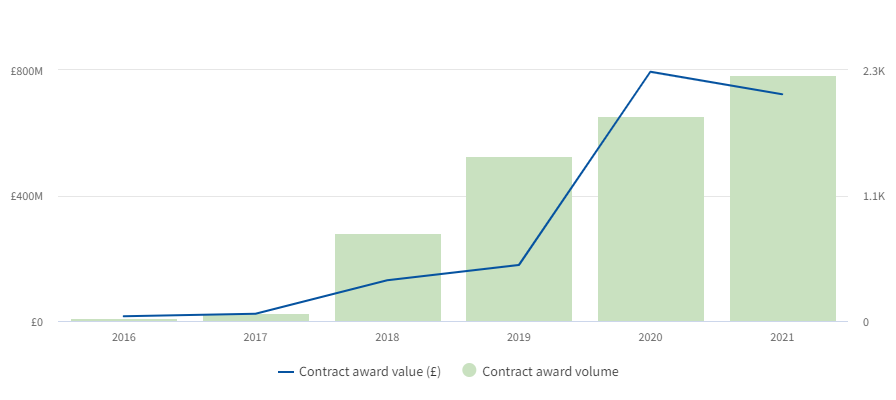
Figures obtained by searching for contracts awarded under framework agreements containing the phrases 'DPS' or 'Dynamic Purchasing System'; both the total volume and value of call-off contracts from DPSs are likely higher.
Disadvantages
On the flip side, the features of DPSs also bring some drawbacks.
As suppliers can join you on a DPS at any time, you can never be entirely certain what the pool of competition for a contract will look like at any moment. This may hinder your ability to curate your offer against what other suppliers are offering. Once you're on a framework, on the other hand, you know from day 1 who you'll be up against.
This competition is amplified by the fact contracts can't be directly awarded via a DPS - you'll have to compete for every opportunity alongside everybody else.
More fundamentally, a drawback of DPSs and frameworks alike is that there is no guaranteed work: though getting onto either might make you feel that work is just around the corner, you still need to put the effort in to write compelling bids for tenders published via the agreements. DPSs and frameworks facilitate winning new work in the public sector, but by no means guarantee it.
To learn more about the common mistakes suppliers make when on frameworks, and how to actually make the most of them, watch our free training webinar.

*
If you're looking to expand your business into the public sector, understanding the intricacies, advantages and drawbacks of DPSs is key. Contracting authorities are turning to them more and more to award new work, so getting up-to-speed on this critical procurement tool is more important than ever.
If you want to cement your understanding, we recommend reading the Crown Commercial Service's guidance document on DPSs, which contains an extensive Q&A section to answer any technical questions you might have.
Once you're clued up on frameworks and DPSs, you'll need to know which ones are actually being used by contracting authorities, and that can win you new business. Click here to learn how Tussell's market intelligence platform can help you identify, compare and analyse public sector frameworks and DPSs, helping you to avoid wasting time applying for agreements that won't make you a return.




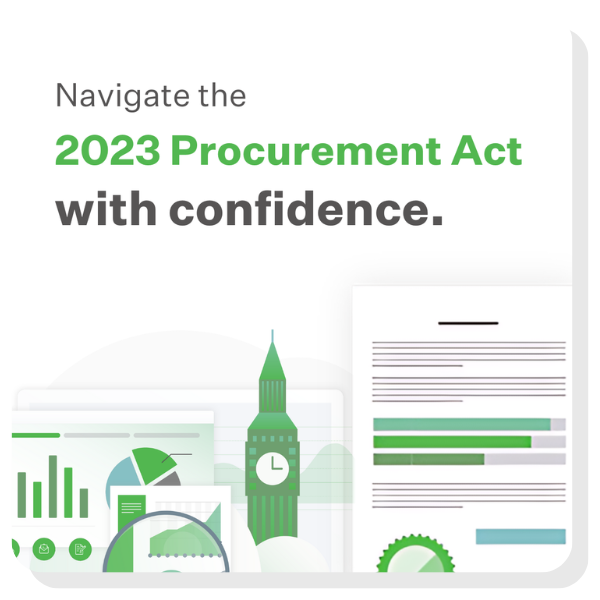
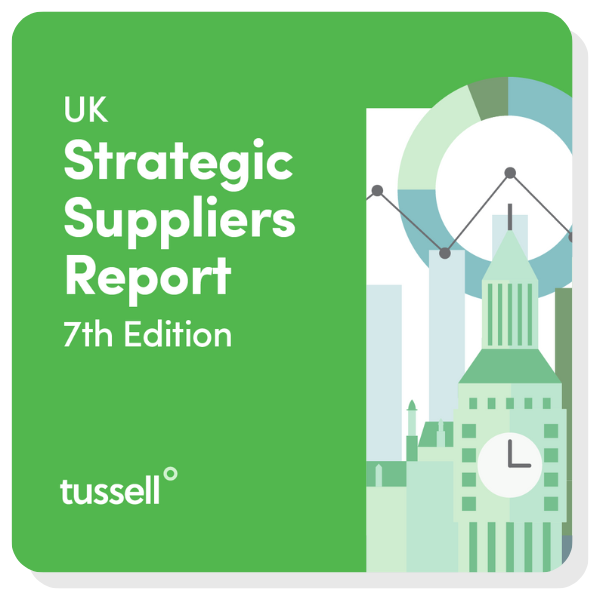

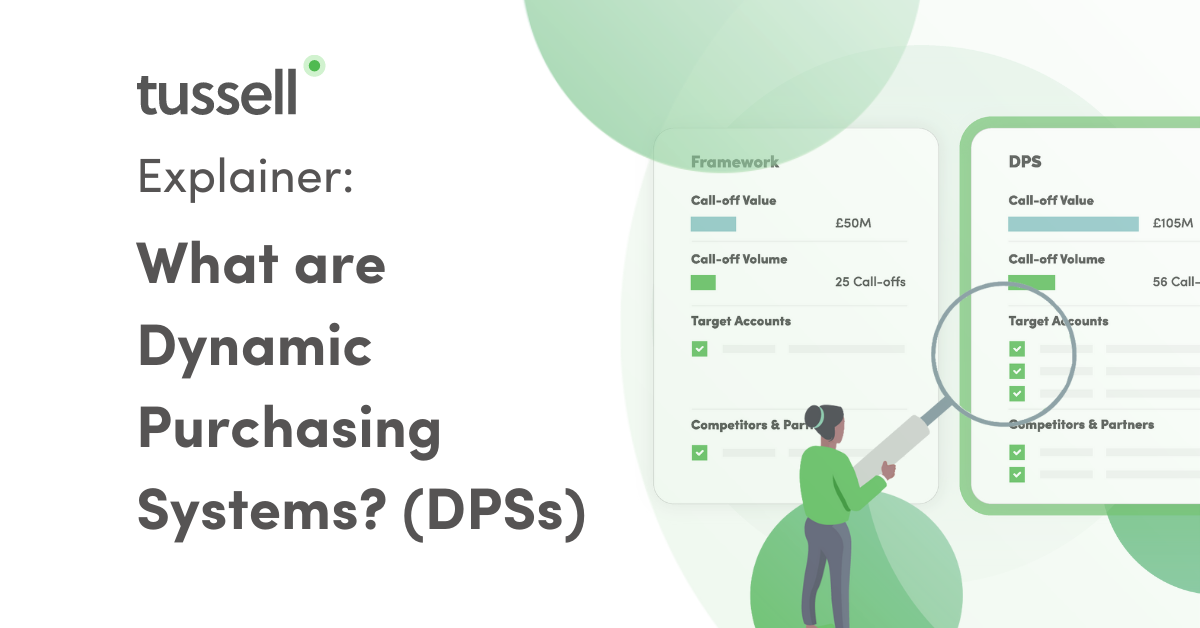
.png?width=80&height=80&name=james%20v2%20(1).png)

